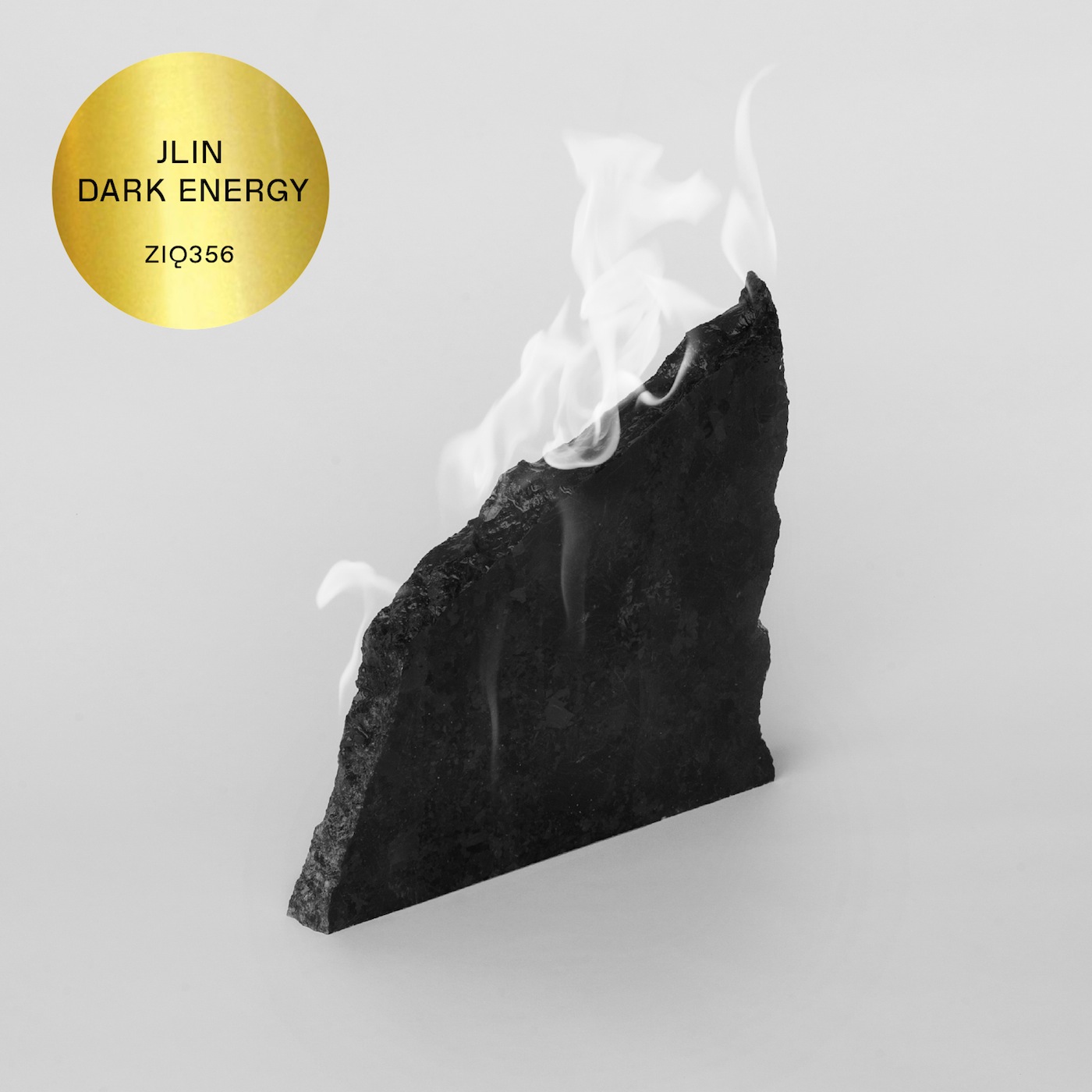Jlin: Dark Energy
 Thirsty for JUICE content? Quench your cravings on our Instagram, TikTok and WhatsApp
Thirsty for JUICE content? Quench your cravings on our Instagram, TikTok and WhatsApp

Text Alfonso Gomez
BANGED UP WORK
Despite the last four to five years of increasing exposure, footwork is still a genre in the early stages of inevitable evolution – its mainstream validation was only achieved via the unfortunate early death of DJ Rashad, whose musical output barely scratched the surface of his true potential on the seminal Double Cup (2013). The genre lost a beacon in him, but a movement grow with or without the guiding hand of its head. Enter Indiana-based Jlin (just 20 minutes away from footwork’s birthplace) – a female act in a predominantly male scene, whose work doesn’t quite adhere to genre tropes.
Planet Mu’s Jlin didn’t quite attain the same level of recognition as Rashad after being featured on the label’s footwork compilation Bangs & Works Vol. 2 (2011). This is despite her being the one immediately unique voice after Rashad on the record, and also in a genre that is still indebted to the sample-based blueprint set by the ghetto house pioneers (take Japanese footwork producer Boogie Mann’s sound for example). However, the sample-free ‘Erotic Heat’ off the compilation was later used as the background music to Rick Owens’ FW14/15 Paris Fashion Week runway show – cue media outlets dubbing her as “Rick Owens’ favourite footworker” and fuccbois claiming to be footwork fans. Recognition, finally, but the fashion world oftentimes sees things in transient, trendy terms.
Thankfully with Dark Energy – Jlin’s debut album on the label – she is set for the kind of critical acclaim and blogosphere hype that would propel her further into the footwork canon as a mainstay. Naturally, ‘Erotic Heat’ makes an appearance on this album – in fact, one could argue that Dark Energy is an album-length expansion of the mission statement set by the track, which is Jlin’s refusal to rely on samples (limiting herself to only utilising vocal loops). While the sample debate can be tiresome – especially when the rejection of sampling is contended as a point of superiority – there is no denying that she has benefited from crafting her own 100% original instrumentations while retaining the genre’s beat-skipping kick drums and syncopated snares. This record is career defining in how distinctive it is – its title reflective of the hair-on-your-back tension of the paranoid production (exemplified best on the piercing synths of ‘Infrared [Bagua]’) and also of Jlin’s intent.
In a March interview with FACT Magazine, ahead of the album’s release in early April, Jlin stated that “if [she] did something, not only is there a reason behind what [she] did, there is intention.” The dystopian, oppressive mood of the music aside, a cursory look at the song titles would reveal some kind of socio-political narrative, which complements the syncopated paranoia of the album. ‘Guantanamo’ needs no explanation, while ‘Black Ballet’, ‘Black Diamond’, and ‘Mansa Musa’ (referring to the ‘King of Kings’ of the ancient West African Mali Empire) are subtextual of the black experience, if we were to surmise anything from the names.
Ultimately though, extracting meaning from a genre whose only vocal contributions come from samples is an exercise in futility. But while meaning is lost amidst the industrial soundscape and ambiguous vocals, the anger is palpable – and that emotion is the driving energy of the record. At times, the vocal samples do inform listeners of Jlin’s intent with a matter-of-fact chillingness. Listen to ‘Guantanamo’ – an adult voice addresses someone with the assurance that “[they] don’t want to hurt anyone,” before a child playfully intones, “But I do.” Then other times, like on end track ‘Abnormal Restriction’, it’s all hell-raising fury; a female voice, perhaps substituting for Jlin, admonishes a vague figure in the intro (“I am not one of your fans, who do you think you’re talking to?!”) before later on questioning why she was adopted.
This all sounds very personal, and it may be improper as a music critic to find meaning – a personal one at that – when there isn’t much factual backup to it. However, Jlin’s desire to imbue meaning into her music is something we are appreciative of – footwork, for all intent and purpose, is regularly just beats to move your body to (perfectly fine, that was what it started as – footwork is a dance). And Jlin’s Dark Energy isn’t trying to move the genre away from its roots – instead, the record serves to help expand footwork’s reach to territories unexplored. Suffice it to say, she succeeded.
![]()

 Get Audio+
Get Audio+ Hot FM
Hot FM Kool 101
Kool 101 Eight FM
Eight FM Fly FM
Fly FM Molek FM
Molek FM